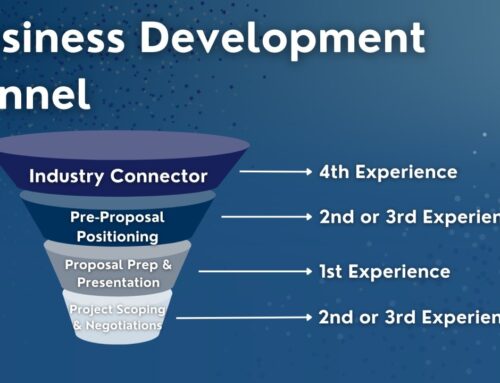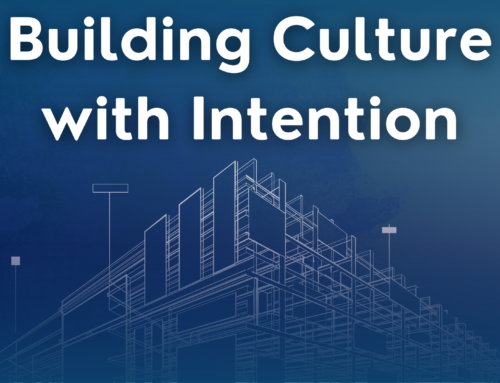Ten years ago, I was often tasked with search assignments that required identifying a “rainmaker.” A practice may have been thriving, struggling, or just starting up, but the need for investment was always crystal clear: Someone had to be there to “own” the sales funnel.
Interestingly, I seldom hear this term any longer. “Rainmaker” seems to have exited the consulting lexicon. In fact, it makes me bristle to just hear it, let alone use it.
If you aren’t in the agriculture business or involved in ancient Indian rituals, a “rainmaker” is defined as an executive who is very successful at bringing business to his or her firm. Doors open for individuals like this. They have established and cherished relationships with the client base, and are respected figures within the business communities they serve.
Relationships always matter, but was a rainmaker cultivating them or capitalizing on them? Were these capable folks truly making rain or catching it skillfully? In a world where the demand for their services far outstripped the available supply, part of the challenge was picking the right battles — i.e. knowing where to be and when. Just the image of rain says it all: It happens quickly, sometimes torrentially, and then it makes things grow. If you’re efficient and resourceful, you want to make sure you’re directly underneath the storm.
Lately, the landscape has not been abundantly lush. Your firm may be having success, but you certainly aren’t hubristic about it. The term “rainmaker” implies a brash confidence. If you were a “rainmaker” ten years ago, you operate very differently today.
As firms begin to recover from the drought of the last few years, I see new, strategic hiring in key roles with business development responsibilities. However, never is the term “rainmaker” invoked. Firms are no longer looking at the work being let around them and thinking “we need to hire someone to bring some of that our way” because the market is not in that stage of abundance. Instead, someone’s business development acumen is measured by his or her ability to plan, position and nurture while ensuring that everyone in the organization gets involved with the action. If executed successfully, there will be a harvest and food on the table.
We are now all farmers.






Hi Josie – funny you should bring this topic up. Earlier this month I concluded a search an placed a “rainmaker” with a client of mine in Phoenix, AZ. His official title is “Vice President-Director of Western Operations”, but when I was interviewing my client as we built a profile for what they were looking for, the President of the company kept eluding to the fact that he wanted a “rainmaker.” I couldn’t believe it, and like you, it made me cringe – but he kept using that term. Having been in this business long enough, I certainly did not market the opportunity as such as I was able to present the opportunity in a not so itimidating way. Of course companies want “rainmakers” who can add to their topline revenues, but in today’s marketplace for sure, marketing an opportunity as looking for a “rainmaker” may even make those who can can make rain, or even, as you say, “skillfully catch rain,” a little hesitant to consider. It was a trendy term I think in the past that has since seen its day. As “rainmaker” has seemingly exited stage left, it appears as though “seller / doer” is now having its 15 minutes of fame 🙂
Yes, “Seller-Doer” is tried and true, Matt! How’s “Farmer-Doer?” Hmm…perhaps not. Certainly if someone came to me using this term today, I’d need them to carefully outline their expectations. Hope your friend in AZ is up to the task!
Nice article. I love the concept.
There was a movie back in the 50’s about a Rainmaker out in the old west. Back then, “Rainmakers” would travel the country offering to make rain for a community for a fee. Sometimes the rain would come and everyone would be happy. Sometimes the rain wouldn’t come and the Rainmaker would have to sneak out of town or be in big trouble. I believe your recommendation to be more like farmers; cultivating and growing our business relationships and our businesses, is much better than to hope someone will arrive to mystically solve our problems. Nice article. Thank you.